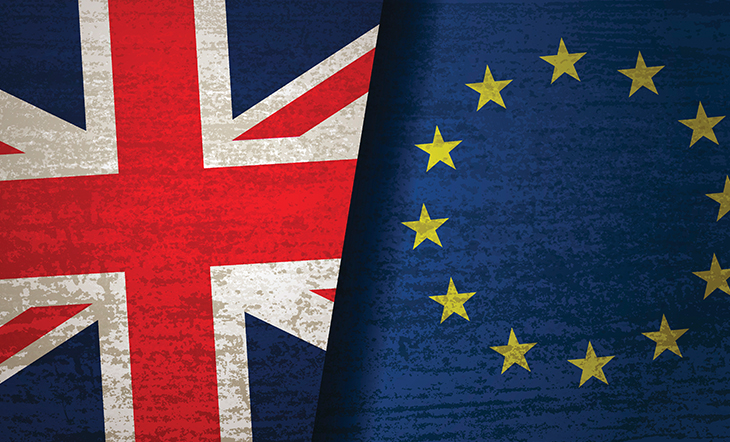So what happens next?
On Thursday, the U.K. will publish its Great Repeal Bill, which will seek to repeal the European Communities Act and transfer EU law into British law. Then, over the next few days, the EU will issue draft guidelines for the coming negotiations, and at the next EU meeting, which will take place on April 29, all 27 members will discuss the guidelines, agree on their priorities and lay out the next steps.
The next milestone will be in May or June, when the EU will formally nominate the European Commission as its lead negotiator. This is the moment that formal talks can begin.
As we highlighted in a CIO Weekly earlier this month, “And the Winner is…”, the key issues up for discussion include trade, outstanding debt obligations and the right of EU nationals to stay in the U.K. and for U.K. nationals to remain in the EU. None of these issues are insoluble, but they will take an enormous amount of time and effort by all parties to complete within two years.
In addition, the news that Nicola Sturgeon, leader of the Scottish National Party, has called for a second referendum on Scottish independence, sometime in late 2018 or early 2019, may complicate the Brexit negotiations still further. The U.K. parliament has the final say on whether or not the Scottish referendum can take place and, for the moment, Theresa May has delayed it until after Brexit takes place, but this timeline may yet be tested.
Market impact
For global fixed income portfolios, we currently have a preference for allocating a very low portion of risk to the U.K., as our conviction levels remain low, and we have a preference for allocating most of our risk allocation to other European countries, where we see more attractive investment opportunities. In terms of currency, our long-term view is that sterling is undervalued at current levels. When the Brexit vote was announced last June, the pound tumbled and since then it has traded around 15% lower against the US dollar. How it performs over the next few months, however, depends on the tone and content of the negotiations that lie ahead. The U.K. economy, meanwhile, has held up remarkably well, with an uptick in GDP in Q4, although more recent U.K. manufacturing data is less positive than it was.
Continental Europe, meanwhile, continues to recover, although it is highly sensitive to shocks. Therefore, while mindful of the ongoing Brexit negotiations, investors will be more immediately concerned about the outcome of the first round of the French elections next month, hoping that it will be relatively benign.
Against this backdrop, we will be monitoring for significant developments and their potential impact on markets.






